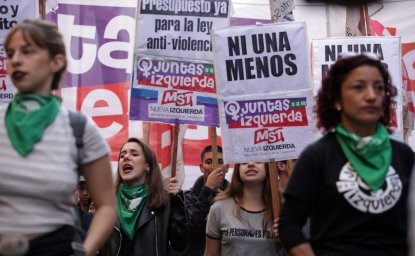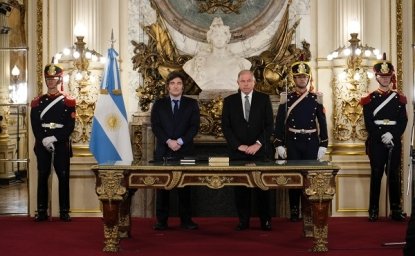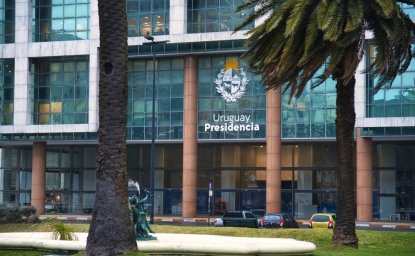1. Objectives
In Argentina, political and social actors do not trust each other and there is no plural dialogue amongst different actors. This makes it impossible to generate common diagnosis of the country's situation, as well as the development of collective actions.
Given this context, the objective of the Working Group has been to create a forum and methodology of discussion that will enable different actors of the Argentine society to generate consensus about the diagnosis of the current situation, priorities in the public agenda, and possible solutions. It also aims at identifying issues in which there are diverse opinions, to determine when consensus will be harder to achieve. The Working Group meets regularly in Buenos Aires to discuss various issues, and the meetings are coordinated by a professional mediator.
Furthermore, the Working Group aims at developing rules according to which the cooperation amongst actors is possible, independently of the (in)existence of personal bonds between them. In this sense, it is necessary to create institutionalized cooperation rules so that actors may reach agreements that exceed personal gains.
2. Participants
The Working Group consists of fourteen people that belong to different areas of society, politics, and the market. Each member participates actively in the area to which they belong. Still, their opinions in the Working Group meetings do not represent the groups to which they belong.
With the objective of representing the Argentine pluralistic and multisectorial society, the Working Group members belong to various religious communities, the media, NGOs, political parties, enterprises, financial institutions, and judicial system.
3. Issues discussed
a. July 29, 2003. The media. The importance of the role of the media in democratic societies. The independence and uniformity of the media. The need to generate public media and promote the market's fragmentation.
b. August 21, 2003. Justice Reform. The Supreme Court as a first step towards a strategic reform of the judicial system. Judicial system reform as an element of state reform, with special emphasis in its independence and seriousness.
c. September 4 and 15, 2003. Political Parties. Political parties' financing as a means to strengthen them. Recognition of the importance of political parties and the need to improve them.
d. September 24, 2003. Distribution of income models. Factors that influence the creation of an egalitarian society. The emphasis in making public expenditure more efficient to increase equality, opposed to the emphasis on the type of growth and taxation system.
e. November 3, 2003. Public Affairs. Identify problems that led to the State's loss of power in implementing effective public policies. Need to rethink the way political parties work in order to study the influence of party politics in public affairs.
4. Evaluation of the results
The working Group meetings consolidated trust bonds between participants that belong to different sectors of society, with different ideologies and interests. This allowed the consolidation of a group that was able to discuss in depth and with commitment issues relevant for the Argentine society.
Given the interest of the participants, the Working Group activities will continue during 2004. Some of the existing challenges is a greater consolidation of the existing group, as well as a better representation of the entire ideological spectrum, and no gender bias. The activities of the Working Group will focus on few issues, in order to study them with more dedication, and be able to carry out some collective action related to them.
Related Links

Latin America Program
The Wilson Center’s prestigious Latin America Program provides non-partisan expertise to a broad community of decision makers in the United States and Latin America on critical policy issues facing the Hemisphere. The Program provides insightful and actionable research for policymakers, private sector leaders, journalists, and public intellectuals in the United States and Latin America. To bridge the gap between scholarship and policy action, it fosters new inquiry, sponsors high-level public and private meetings among multiple stakeholders, and explores policy options to improve outcomes for citizens throughout the Americas. Drawing on the Wilson Center’s strength as the nation’s key non-partisan policy forum, the Program serves as a trusted source of analysis and a vital point of contact between the worlds of scholarship and action. Read more

Explore More
Browse Insights & Analysis
Uphill Battle for Argentina’s Feminists

¡Afuera! Milei Puts his Stamp on Argentine Diplomacy

